National Insurance overview
National Insurance contributions (NIC) are tax paid to HMRC by employees, employers, and the self-employed.
Paying your National Insurance contributions builds your entitlement to certain benefits such as the State Pension and Maternity Allowance. Some social security benefits also rely on payment of enough National Insurance contributions.
Several factors can affect the rate and type of NIC you pay including your:
Age
Employment status
Earnings
Residency
Individuals need a National Insurance number issued by the government before NIC can be made.
Who pays National Insurance?
It is mandatory to start paying National Insurance contributions from the age of 16 once your earned income reaches a certain level. NIC is payable on earnings, not on investment income such as bank interest or rental income.
You pay NIC if you’re:
An employee earning more than £242 per week from one job
Self-employed and making a profit of more than £12,570 a year
You may get gaps in your record if you don’t pay NIC or do not get National Insurance credits. You may be able to pay voluntary contributions to avoid gaps and maintain your entitlement to the State Pension and other benefits. More information can be found on the government website here.
When do you stop paying
If you’re an employee, you stop paying Class 1 NIC when you reach the State Pension age.
If you’re self-employed you stop paying:
Class 2 NIC when you reach State Pension age
Class 4 NIC from 6 April after you reach State Pension age
You can read more about paying National Insurance on our blog post here.
How National Insurance is paid
If you’re an employee and you get paid through the Pay As You Earn (PAYE) system, then National Insurance contributions will be automatically deducted from your salary.
If you’re self-employed then your National Insurance contributions will be calculated based on your Self Assessment tax return. You’ll pay this at the same time as Income Tax.
How much National Insurance will you pay
How much you’ll pay in National Insurance contributions depends on what kind of NIC rate you’re paying.
These are the four main classes:
Class 1 - paid by employees and employers - rate dependent on NIC category. But the main rate will be cut by 2 percentage points from 12% to 10% from 6 January 2024
Class 2 - paid if you’re self-employed - fixed £3.45 per week
Class 3 - a voluntary contribution to protect against NIC gaps - fixed £17.45 per week
Class 4 - paid if you’re self-employed and have profits over a certain amount - 0% on profits up to £12,570, 9% on profits between £12,570 and £50,270, and 2% on profits over £50,270.
You can find out the current rates for the classes above on the government website here.


